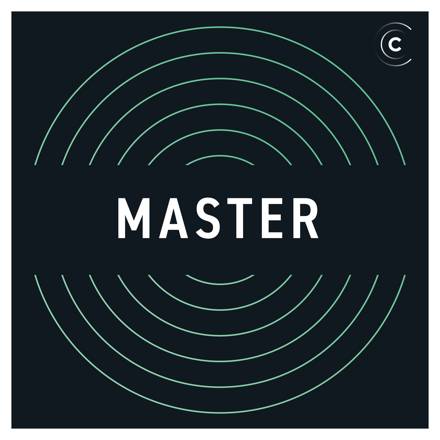This week we’re talking fresh, faster, and new web frameworks by way of JS Party. Yes, today’s show is a web framework sampler because a new batch of web frameworks have emerged. There’s always something new happening in the front-end world and JS Party does an amazing job of keeping us up to date. So…what’s fresh, faster, and new?
The first segment of the show focuses on Deno’s Fresh new web framework. Luca Casonato joins Jerod & Feross to talk about Fresh – a next generation web framework, built for speed, reliability, and simplicity.
In segment two, AngularJS creator Miško Hevery joins Jerod and KBall to talk about Qwik. He says Qwik is a fundamental rethinking of how a web application should work. And he’s attempting to convince Jerod & KBall that the implications of that are BIG.
In the last segment, Amal talks with Fred Schott about Astro 1.0. They go deep on how Astro is built to pull content from anywhere and serve it fast with their next-gen island architecture.
Plus there’s an 8 minute bonus for our ++ subscribers (changelog.com/++). Fred Schott explains Astro Islands and how Astro extracts your UI into smaller, isolated components on the page, and the unused JavaScript gets replaced with lightweight HTML — leading to faster loads and time-to-interactive.







